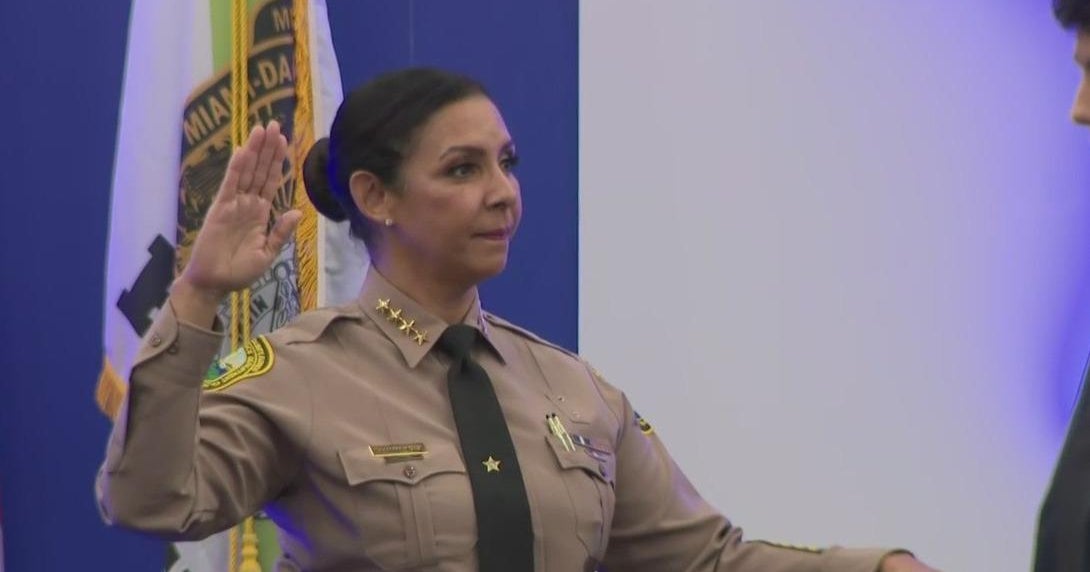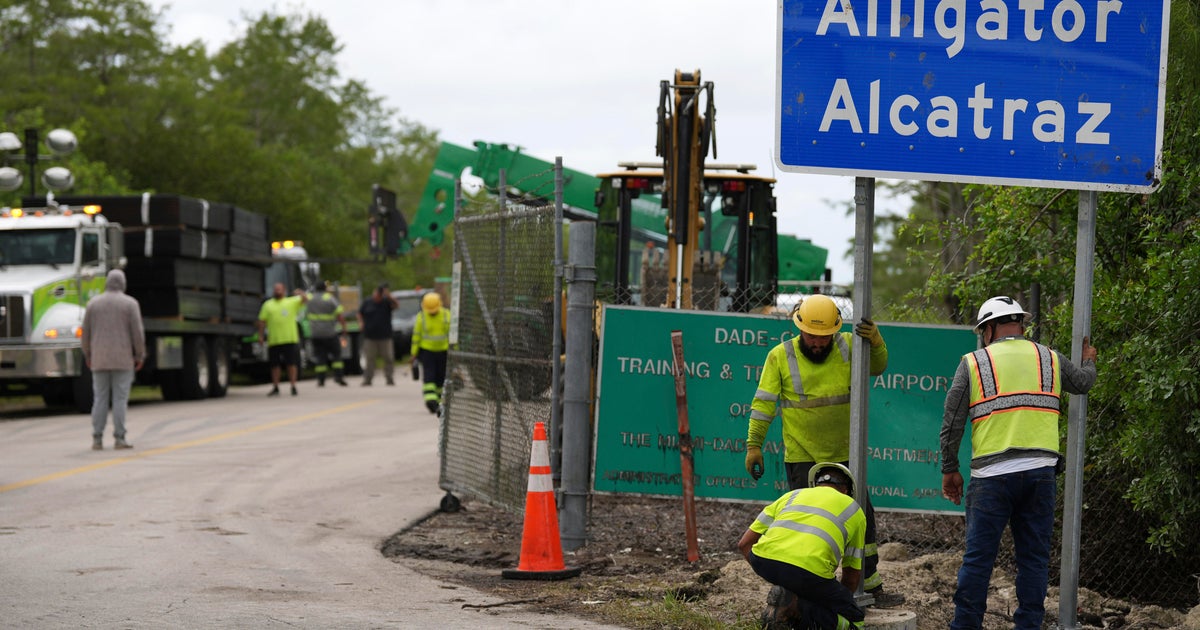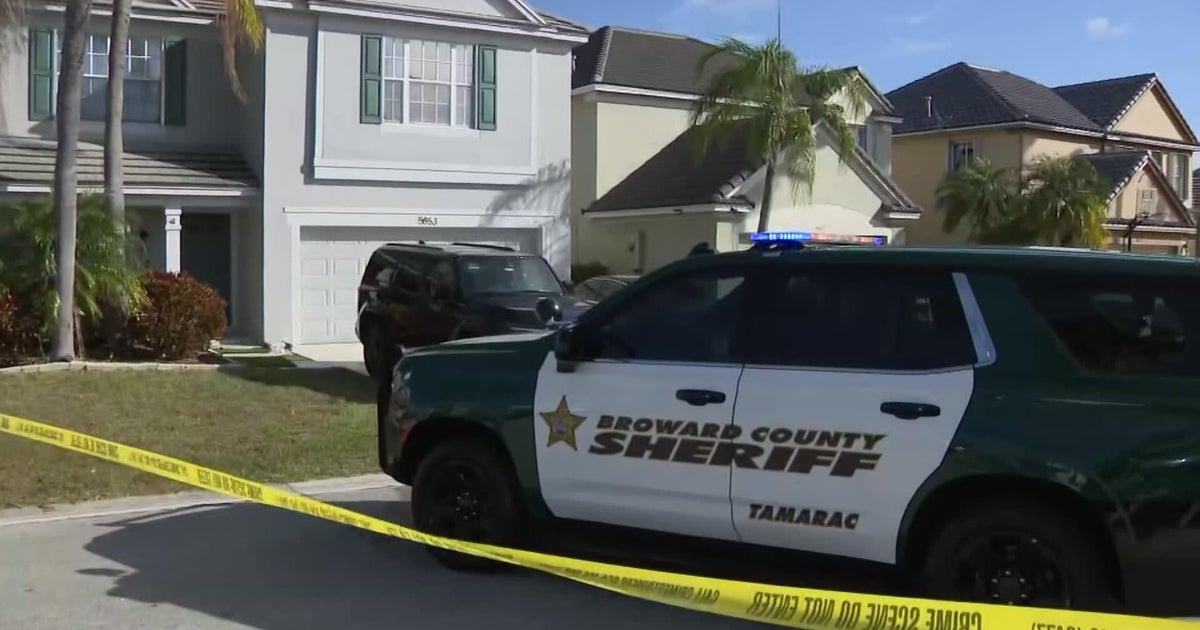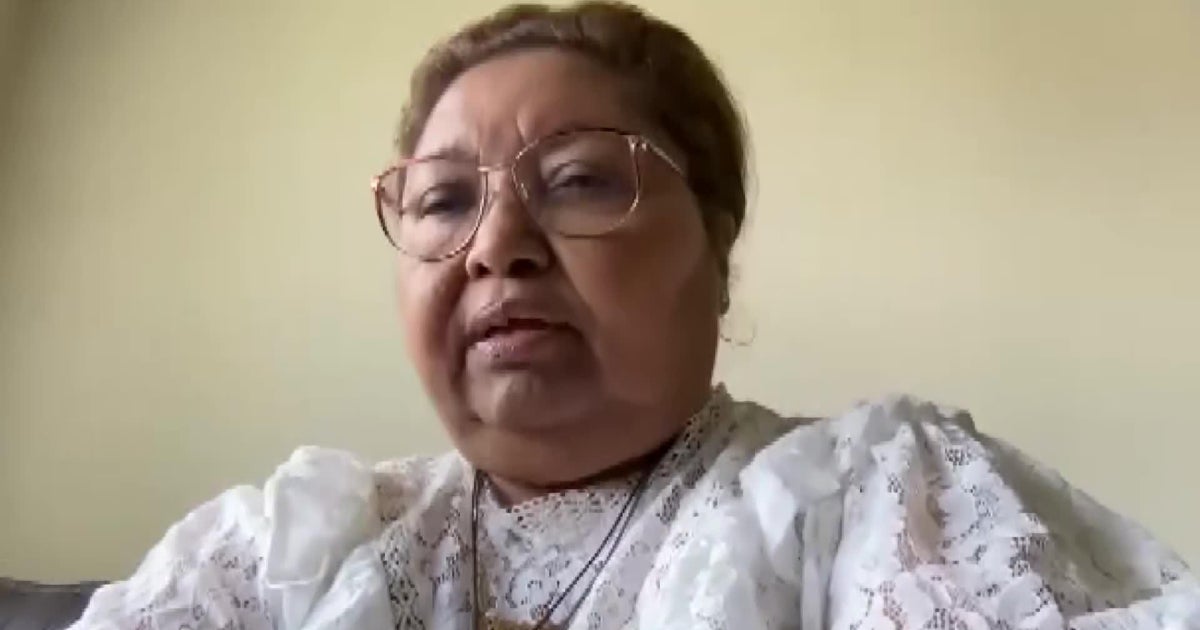MIAMI – Miami-Dade Sheriff Rosie Cordero-Stutz clarified her office’s stance on immigration Friday, emphasizing that while the MDSO will not inquire about detainees’ residency status, it will support federal authorities in local operations that could involve deportations.
“As a long-established and standard practice, I will continue to assist all local, state, and federal agencies when they request our help in matters within our jurisdiction,” Cordero-Stutz said in a video statement posted on social media.
“My deputies will arrest anyone who has committed a crime, regardless of their immigration status. They will always uphold the law and arrest those who violate it. If you are arrested for committing a crime and already have an immigration detainer, you will be turned over to the appropriate agency. That has always been our procedure,” she added.
MDSO does not have the authority to deport individuals. Deportation is a federal matter handled exclusively by U.S. Immigration and Customs Enforcement (ICE), a branch of the Department of Homeland Security (DHS).
While MDSO cannot enforce federal immigration laws independently, they may cooperate with ICE or other federal agencies when requested, such as sharing information or transferring custody of individuals with immigration detainers, according to ICE’s website.
This cooperative practice is part of the 287(g) program, which allows ICE to delegate specific immigration enforcement authority to state and local law enforcement agencies. The program includes models like the Jail Enforcement Model, designed to identify and process removable noncitizens with criminal charges, and the Warrant Service Officer program, which trains and authorizes local officers to execute administrative warrants on noncitizens in their custody.
In an interview with CBS News Miami on Tuesday, Cordero-Stutz said that her deputies would not act as immigration enforcement agents, even as President-elect Donald Trump has pledged large-scale deportations as a top priority upon his return to the White House.
While urging victims of crime to come forward, Cordero-Stutz clarified that her office would comply with federal law in specific cases.
“If you come in contact with law enforcement because you’ve broken the law and you’re in custody, and you have some sort of immigration hold or paperwork, we will do the right thing, which is obey the law and turn them over to the federal government,” she said.
Florida authorities and ICE
In Florida, several sheriffs’ offices have entered into agreements with ICE to enhance enforcement partnerships aimed at preventing undocumented criminals back into the community.
As of early 2025, Miami-Dade County has not participated in ICE programs that deputize local officers for immigration enforcement. For instance, in 2019, Miami-Dade was not part of a plan for ICE to train and deputize local officers to arrest and detain undocumented immigrants, the Miami Herald reported.
In 2019, Florida also passed legislation requiring local law enforcement agencies to honor ICE detainer requests, mandating that local officers hold undocumented immigrants for an additional 48 hours to facilitate transfer to federal custody.
Who is Rosie Cordero-Stutz
Cordero-Stutz, 55, is Miami-Dade’s first sheriff in more than half a century. She made history on Tuesday when she took the oath of office and became the county’s first Hispanic female sheriff.
Last November, Cordero-Stutz defeated Democratic nominee James Reyes for the position. A Republican, she was endorsed by then presidential candidate Trump and Florida Senators Rick Scott and Marco Rubio.
Before winning the election, she served as assistant director of the Miami-Dade Police Department. A 28-year veteran, she worked her way up from street cop to serving in top positions in several law enforcement divisions.
In Florida, the sheriff oversees law enforcement, jail operations, court security and legal processes, and appoints deputies, acting as the county’s top law enforcement official. The last elected sheriff before Cordero-Stutz, Talmadge A. Buchanan, was removed amid corruption allegations in the 1960s, leading voters to abolish the elected position.
For nearly 60 years, the county operated with a police director appointed by the Miami-Dade county mayor, but a constitutional amendment required that Miami-Dade elect a sheriff in 2024.



